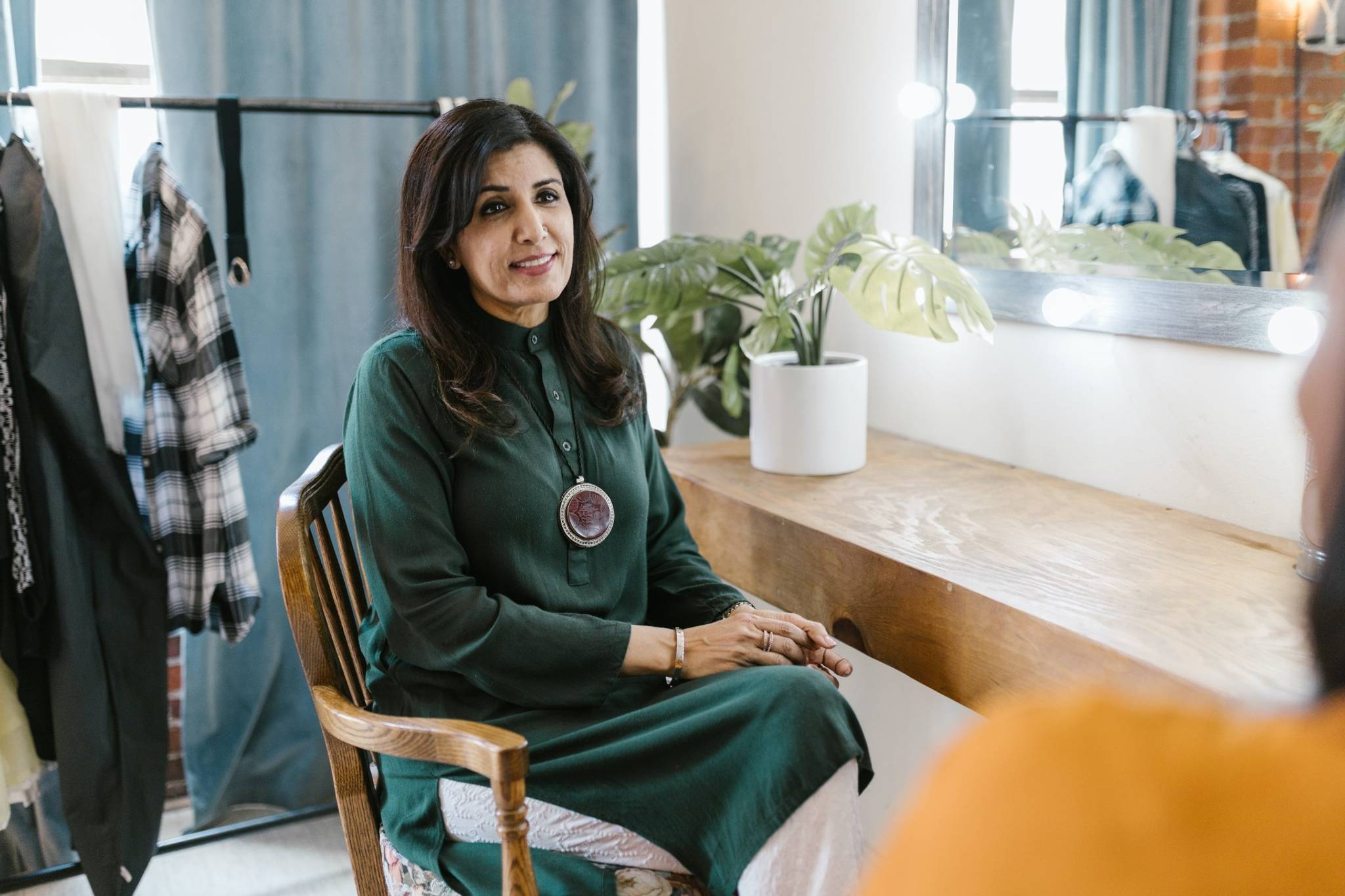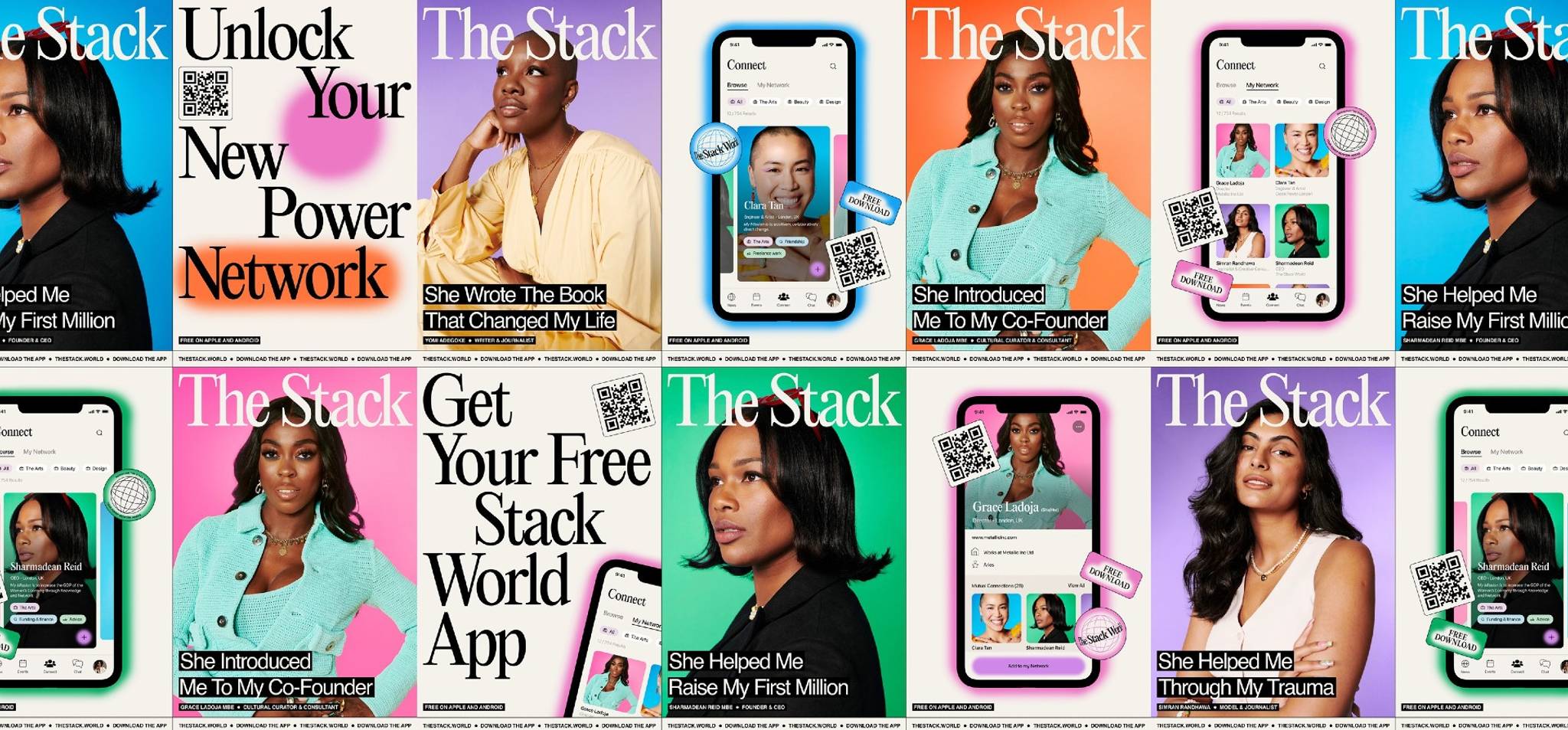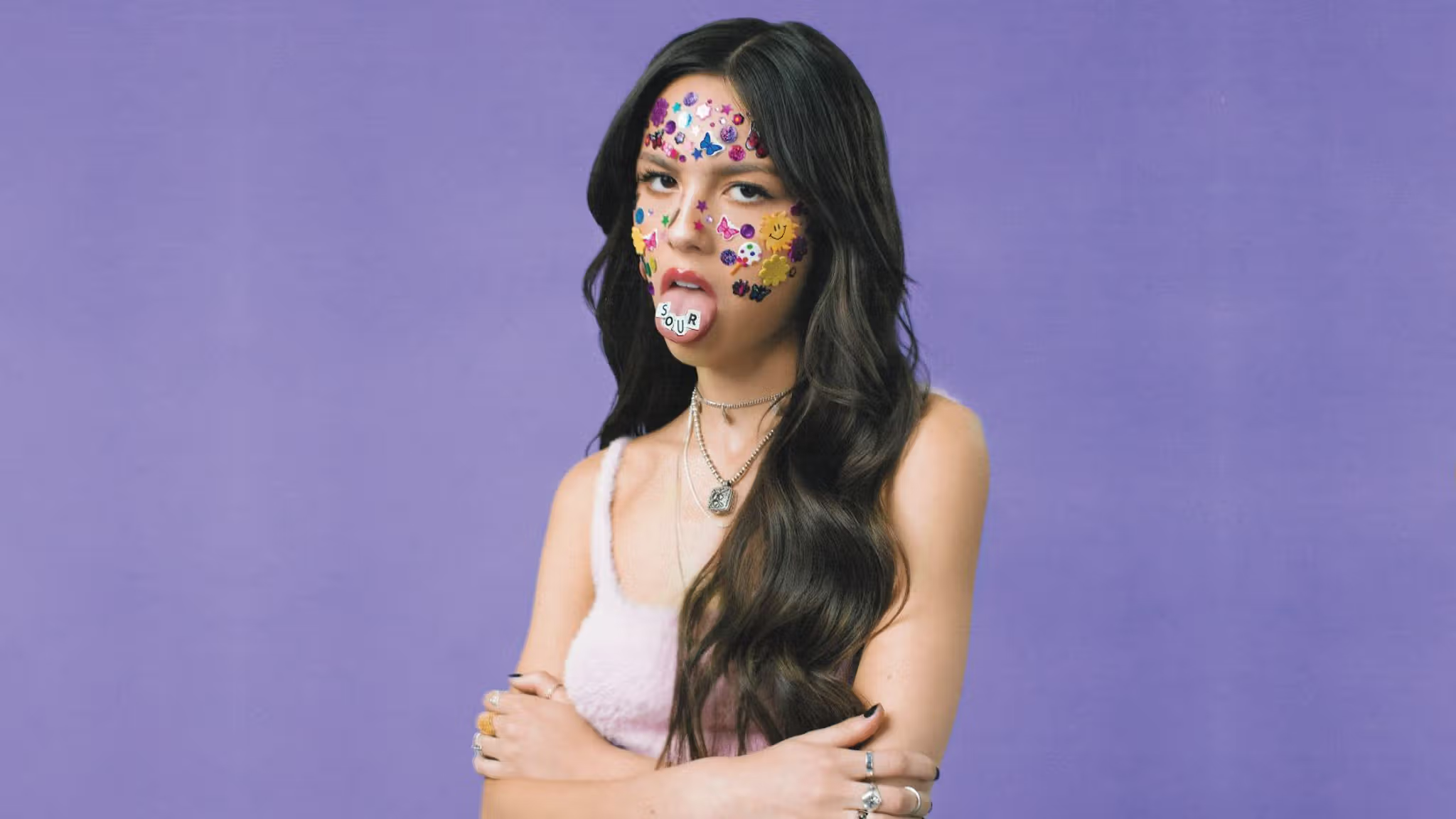
From VICE declaring the death of the Girlboss era to Anna Delvey and Elizabeth Holmes being named the ultimate anti-heroes, the Girl Boss movement has taken on new meaning as it steers into tricky territory. Instead, women are choosing to throw away the toxic term and popular hashtag opting for something built on collective power and progressive community: enter the rise of the Girlunion.
There’s no ‘I’ in girl power
When influencer Molly Mae declared ‘we all have the same 24 hours in a day’, the digital sphere went into overload. The internet uproar caused by this single comment served as a reminder that the girlboss trope results in the power being held singularly by the individual, while failing to examine the social and economic systems - and privilege - that shape how people can spend their time. Tired of the same rhetoric, women are taking back the reins and are redefining their careers on their terms. Based on collective solidarity, girlunion aims to help women foster community rather than having to go it alone - such as Northern Ireland’s first childminders union, and Unite Hospitality’s campaign urging support for late-night workers.
Levelling up
The GirlBoss glow is diminishing. As TikTokkers reject the ‘that girl’ aesthetic, and shows like Mythic Quest swap girlboss feminism for realism, the tide is changing and brands can help women achieve the transformation they desire. With the number of women in trade unions reaching 3.69 million in 2020 – its highest since 1995 - there's a chance to build community and connection with women and the issues, they care about. And while the majority of people are happy to see Girlboss sink into the abyss, switching to Bimbofication and Hun culture as an individualistic return to freedom, a recent poll showed that 32% of 18-24-year-olds in the UK are keen to set up their own business - so is the rise-and-grind mentality really over? With Gen Zers tapping into entrepreneurship as a form of independence, brands can help their process into new career paths while taking away unhealthy notions of hustle culture.
As Girlboss descends into nothingness, the women who were once deemed the ultimate ‘IT’ girls - from Leandra Medine to Sophia Amoruso - have become cautionary tales of a culture big on a fast trajectory up the career ladder, without much thought or commitment to ethics and morals along the way. Sooner or later, the same distaste people have towards the Girl Boss movement will trickle down to the brands associated with it. “We give brands a character in the same way that we do with humans, ascribing a social class, values and so on. As consumers, we look for brands that share our values. They form part of our emotional life”, says Cleopatra Veloutsou, professor of brand management at the University of Glasgow.



